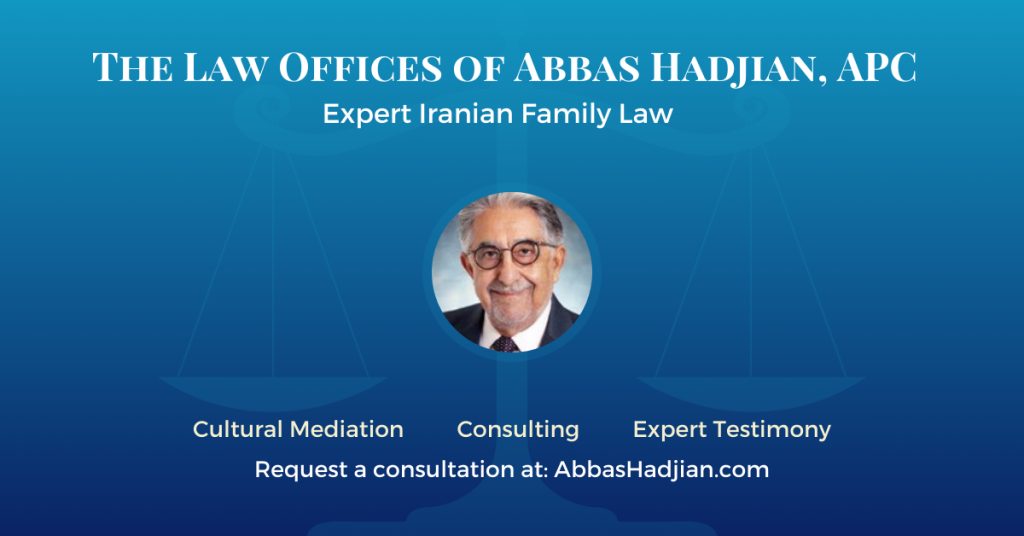Islamic Mahr Is Not Enforceable Against Afghani Groom Who Did Not Read, Write, or Speak Farsi
Washington, February 23, 2010: Husna (Wife, 19 ) from Canada, and Khalid (Husband, 26) from U.S., are children of Afghan immigrants. They married in an Islamic marriage ceremony in Washington, during which Khalid promised in writing to make an “immediate” cash gift of $100.00, and a “future” gift of $20,000.00, to Husna as her Mahr (i.e. dowry a traditional Afghani-Islamic Bridal Gift).
Upon filing for divorce by Husna 13 months later, she requested, and the trial Court ordered Khalid to pay $20,000.00 as a valid contractual obligation to Husna. Court of Appeals of Washington, Division Three, Case No. 27616-3-III, disagreed and reversed. The Court found that Khalid did not speak, read, or write Farsi, and did not know about the Mahr until 15 minutes before he signed the agreement. An uncle explained the obligation to Khalid after he had signed it. The Court found that the agreement was not enforceable under neutral principles of contract law.
Note by Abbas Hadjian: The reader is cautioned that opinion of the Appellate Court of Washington contains errors in defining and/or understanding the Mahr and the Islamic marriage. Mahr is not a “prenuptial agreement”. Is a religiously sanctioned promise by the Groom to make (present and/or future) cash gift to the Bride. Is normally negotiated by the Bride and Groom relatives in advance of the wedding, and disclosed at the ceremony and recorded in the marriage certificate. In many Islamic cultures a marriage without Mahr is not valid.
The marriage itself, is like a Christian wedding, and includes religious uttering, but is not “an engagement ceremony”, which usually is conducted few months/weeks before. It establishes and solemnizes the martial relationship between the parties religiously, whether or not the marriage is civilly recorded or recognized.
